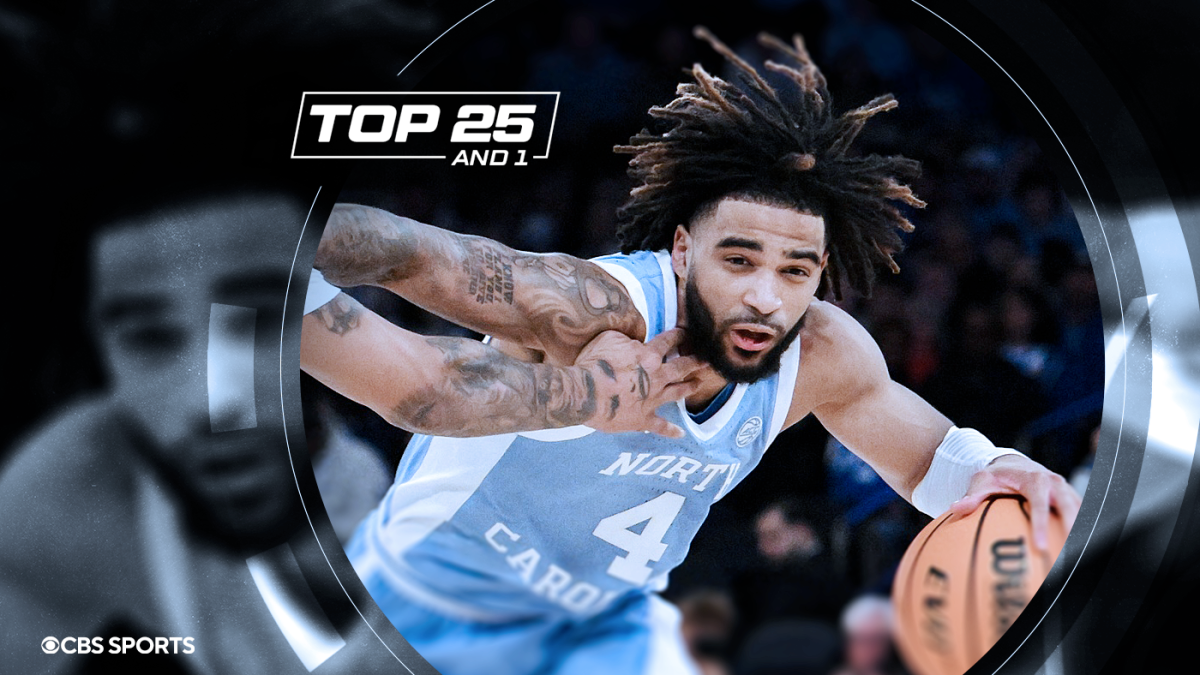Bussiness
As the business world changes, MSU adapts its curriculum for the future workforce

MSU Business college adapting curriculum for modern era
As businesses change, the colleges educating students for the field are having to adjust for those future changes. That includes at the Eli Broad School of Business at Michigan State.
EAST LANSING, Mich. (FOX 2) – As a younger generation of students enters the workforce, economists and educators are noticing some trends about the business field’s newest workers: there’s a disconnect between what companies want and what their new hires bring to the job.
Michigan State University is hoping to bridge that gap by adapting their curriculum to meet the needs of employers.
Marla McGraw, the assistant dean of the Eli Broad College of Business at MSU, likes the adjusted program as “what I wish I knew at 22.”
“That’s a key part of what we do is making sure that we’re listening to employers and alums about what it is they are seeing, what they need from our students,” she said.
The goal of the business college’s reworked lesson plans is ensure graduating seniors are hirable right after getting their diploma.
For the generation working its way through the system, Gen-Z has been a little different from what professors are used to. Meanwhile, many of their students will be entering a business environment that’s changed a lot in the recent years.
There is still value in networking, but as McGraw puts it, understanding different kinds of business etiquette and how to approach a Zoom meeting will be different than an in-person one.
There are also changes to technology and the way people socialize will need to be accounted for.
“We learn more about each generation as they come through, and we absolutely need to adapt,” she said. “In addition, we need to adapt to what the market is telling us, right? We want to make sure that our students get great internships and full-time jobs and are career ready when they graduate.”
One way of ensuring that is by making it mandatory.
“There is a core course we call Business 100 that is a course to help them get ready to start to meet with organizations and alums for internships and full-time jobs, so along with the typical things like resume writing and cover letters and so on, we talk a lot about networking,” said McGraw.
But it doesn’t stop there. Varying forms of communicating like writing a formal email will sound different then sending off a text message. It’s key to teach students the difference.
And then there’s young people and their phones. Many use their phones in so many facets of their lives, which means teaching when and when not to have it present around older generations.
“When they enter the workplace, millennials, Gen X, or boomers – they would expect you to put it down if we are having a conversation,” said McGraw.
Years after completing Business 100, students will also partake in their capstone course that includes real-life work with the university-affiliated credit union.
“Part of business 400 would be a class on personal finance so we are looking at bringing in MSUFCU to go through these things like impacts to your credit score, how to make a budget…what student loans can look like,” said McGraw.










